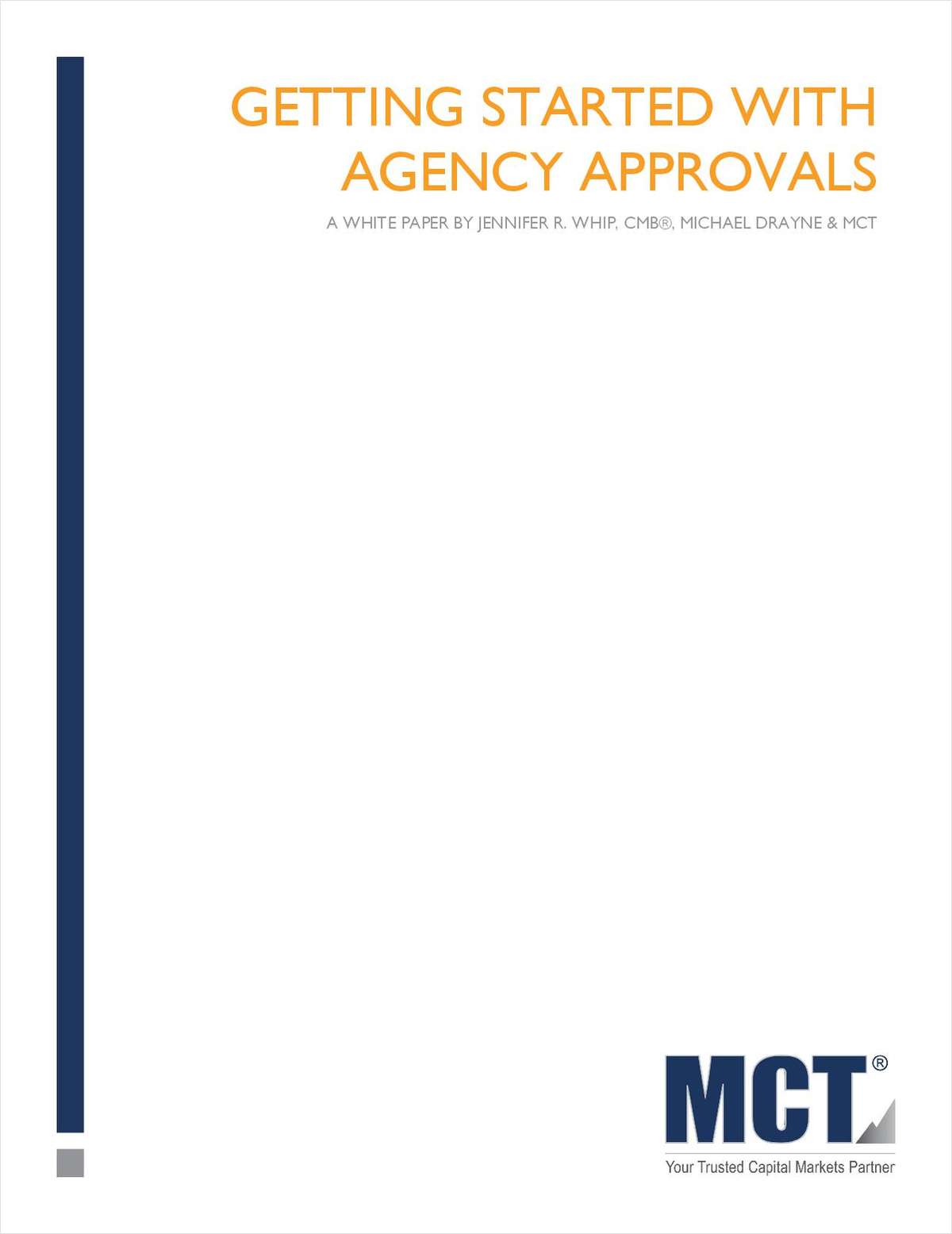An entrepreneur friend of mine has a sign on the wall behind hisdesk. It reads: “When you're up to your backside in alligators,it’s hard to remember that your goal is to drain the swamp.”
|If you ask him why he posted this sign, his response is simple,direct, and illustrative of every leader’s most significantchallenge: “My days are filled with discussions about things thatdon’t really matter, dealing with urgent issues, and just trying toget it all done.”
|Sound familiar?
|In my work with credit union leaders this issue surfacesregularly. When leaders attempt to discuss issues from a strategicperspective, the discussion frequently gets bogged down. It happensbecause people have a natural tendency to focus on things theyunderstand and can impact, i.e., the operational stuff. They preferto avoid consideration of the more challenging and less certain,i.e., the long-term approaches and solutions.
|The result: The leader’s strategic conversations end up inthe weeds.
|Many of these same leaders lament the fact that they areconstantly being pulled into solving seemingly urgent problems thatreally don’t require their input. They say that they wish theirstaffs would just make the decisions and leave them out of it, butthey continue to get sucked into the vortex and caught up in thediscussions.
|The result: The leader’s time is spent fightingfires.
|If you talk with these leaders about how much of their time theyactually spend thinking and leading strategically, they readilyadmit that it is much less than it should be. Many acknowledgespending much of their time on things that don’t really matter froma long-term strategic perspective. Some suggest that they havebecome really good at doing things that don’t matter in the bigpicture.
|The result: The leader’s focus is on things that don’treally matter.
|So what can a credit union leader do?
|After all, you are responsible for making sure that theday-to-day issues are addressed in an effective manner—thoseactions ultimately support the pursuit of the current strategy. Youare responsible for supporting and serving their teams—making surethe desired results are achieved in every situation. And you arefully occupied with the oversight of the operational side of thebusiness.
|Here’s a five step program that may help:
|STEP ONE. Shift Your Mindset. You are theleader of the credit union, (or your department, division, orbranch). That means your job is to focus on the big picture, notthe details. When you find yourself being drawn into the weeds,step back, refocus the team on the objective, and walk away. Besure that expectations are clearly defined and that the desiredoutcome and deadline are known, then hold the team accountable.
|Action Question: Have the expectations been defined,the responsibilities assigned, and the deadlines set for theprojects my teams are working on?
|STEP TWO. Ask More Questions. When your peoplebring your problems, remember that your job is not to solve them,but rather to help them find the solution. It is all too temptingin the hectic pace of the day-to-day to just give an answer andmove on. But that doesn’t develop the skills, abilities andconfidence of your team—it simply makes them more dependent uponyou.
|Action Question: How many questions did you ask todaywhen team members came to you for insight?
|STEP THREE. Become a Coach. Coaches know thattheir team members are the ones who will play the game and theywill stay on the sidelines. They focus on identifying the skillsneeded, providing the training on those skills, and on making sureeveryone know the plays. They also make sure the team members knowhow far they can go on their own without asking for permission, andthey spend most of their time encouraging and supporting their teammembers.
|Action Question: Are you supporting your team members,making sure they have adequate training and preparation, andencouraging them regularly?
|STEP FOUR. Stop Doing, Start Delegating.Spending too much time doing things that others can do equally wellor better is the Achilles heel for many leaders. We hold on tothings that we like to do, things we feel we can do better thananyone else, and things we feel we don’t have time to train othersto do. All of these behaviors are self-defeating in the long-term.Learn to delegate outcomes, not process, and get comfortableletting others take over things that really don’t need yourattention. That will free up your time to focus on the things thatreally matter—things that only you can actually do.
|Action Question: What are three things that you doevery week (or month) that someone else could do and how quicklycan you shift those things to that person? (Don’t forget to ask ifthey even need to be done anymore!)
|STEP FIVE. Always Think About Strategy. The keyto keeping yourself focused on strategic thinking is to make sureyou allocate time and effort to it. Block out appointments withyourself to read things that will stimulate your thinking, taketime to attend conferences and seminars, identify a few people whomyou can call periodically to kick around visionary ideas—make aconscious and concerted effort to develop your strategic thinkingskills and expand your knowledge base both within and outside ofthe credit union industry. Don’t forget to engage your board andleadership team by regularly including strategy as a topic onmeeting agendas.
|Action Question: What are the strategic implications ofthe action we are about to take, how would I improve it if I hadmore time, and what have I learned about strategy that applies tothis situation?
|Michael Hudsonis founder and principal of CreditUnionStrategy.com in RehobothBeach, Del.
Complete your profile to continue reading and get FREE access to CUTimes.com, part of your ALM digital membership.
Your access to unlimited CUTimes.com content isn’t changing.
Once you are an ALM digital member, you’ll receive:
- Critical CUTimes.com information including comprehensive product and service provider listings via the Marketplace Directory, CU Careers, resources from industry leaders, webcasts, and breaking news, analysis and more with our informative Newsletters.
- Exclusive discounts on ALM and CU Times events.
- Access to other award-winning ALM websites including Law.com and GlobeSt.com.
Already have an account? Sign In
© 2024 ALM Global, LLC, All Rights Reserved. Request academic re-use from www.copyright.com. All other uses, submit a request to [email protected]. For more information visit Asset & Logo Licensing.









